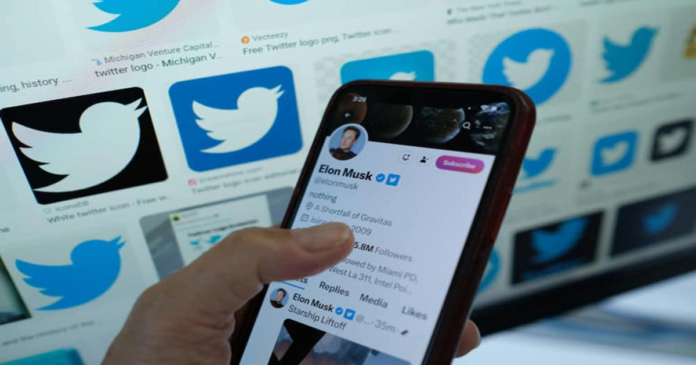In an effort to limit the use of the site’s data by artificial intelligence businesses, Elon Musk revealed on Saturday that Twitter would temporarily limit the number of tweets users may see each day.
Twitter restricts posts users can read: Verified accounts are only permitted to read 6,000 tweets every day on the network. The maximum number of tweets that non-verified users, or free accounts, can read in a day is 600.
There would be a 300-tweet restriction for new unverified accounts.
As some users soon reached their limits, the decision was made “to address extreme levels of data scraping” and “system manipulation” by third-party platforms, Musk stated in a tweet on Saturday afternoon.
Following Musk’s announcement, “Goodbye Twitter” became a popular topic in the US.
According to Musk, Twitter would “soon” increase the daily limit for verified accounts to 8,000, unverified accounts to 800, and new unverified accounts to 400.
The billionaire owner of Twitter did not specify how long the measures will be in effect.
Musk had previously declared that visitors to the website would no longer be able to read tweets without creating an account.
Impact of Data Scraping on Social Media Platforms and AI Industry
Musk stated that businesses were utilizing a lot of the data scraping to create their AI models, and this was impacting the site’s traffic.
Many businesses feed AI samples of actual social media interactions in order to develop AI that can reply in a human-like manner.
Musk claimed that “a few hundred organizations (possibly more) scraping Twitter data extremely aggressively” were negatively impacting the real user experience.
“Almost every company doing AI, from startups to some of the biggest corporations on Earth, was scraping vast amounts of data,” he claimed.
It is quite infuriating to have to urgently get many servers online in order to support some AI startup’s exorbitant valuation.
Not just social media behemoth Twitter must contend with the rapidly developing AI industry.
Midway through June, Reddit increased the costs for outside developers who were accessing its data and deleting forum posts.
The decision sparked contention as many regular users who accessed the site through third-party platforms also utilized it, indicating a departure from previous agreements where social media data was usually provided for free or at a minimal fee.

